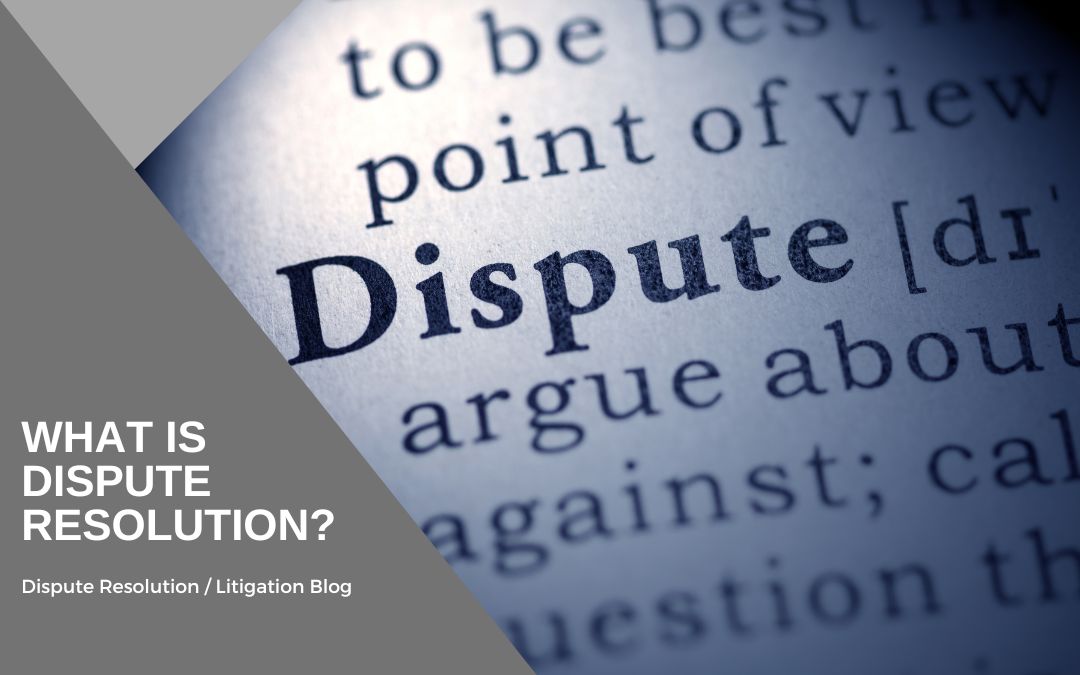When a dispute arises, neither party wants to wait months in advance — nor spend thousands of dollars — to reach a verdict.
Enter dispute resolution.
Dispute resolution is a method to help people avoid the time and hassle of the legal system, as well as resolve disagreements privately.
If you’ve recently reached an impasse in a negotiation, or have been offered to sign a contract that includes a Dispute Resolution Clause, it’s important to understand what’s anticipated from the resolution process.
FREQUENTLY ASKED QUESTIONS ABOUT DISPUTE RESOLUTION/LITIGATION:
- What is a Dispute Resolution Clause in a contract?
- Is dispute resolution the same as litigation?
- 3 types of dispute resolution
- 6 steps to dispute resolution
- Which method of dispute resolution is right for you?
- What Is Alternate Dispute Resolution?
- When is alternate dispute resolution a better option than going to court?
- When alternate dispute resolution doesn’t work?
- What is litigation?
- How does litigation work?
- Litigation vs Arbitration: What is the difference?
- 7 different phases of the litigation process
- How long does it take to litigate?
- What is a litigation hold?
- What are litigation risks?
- Litigation FAQs

